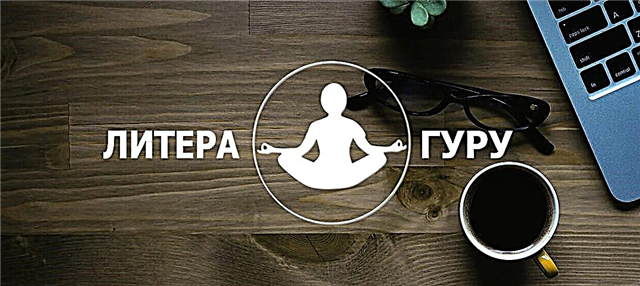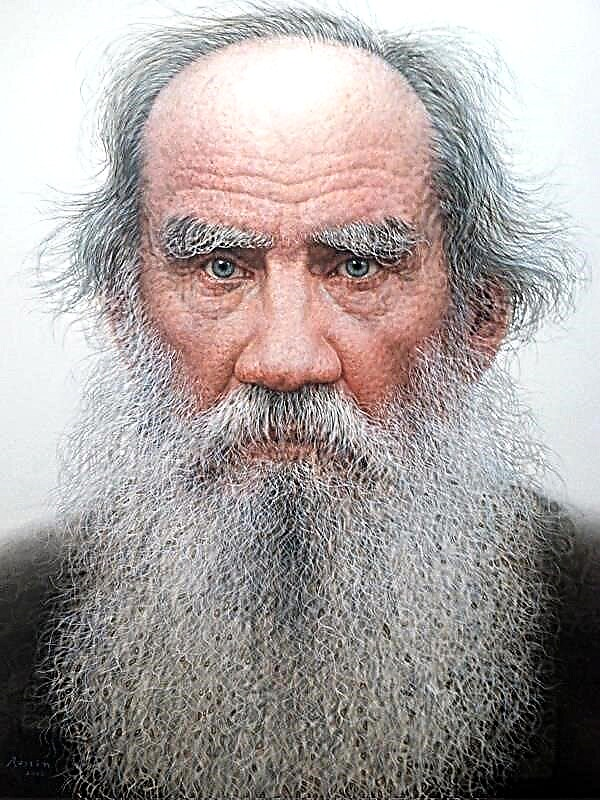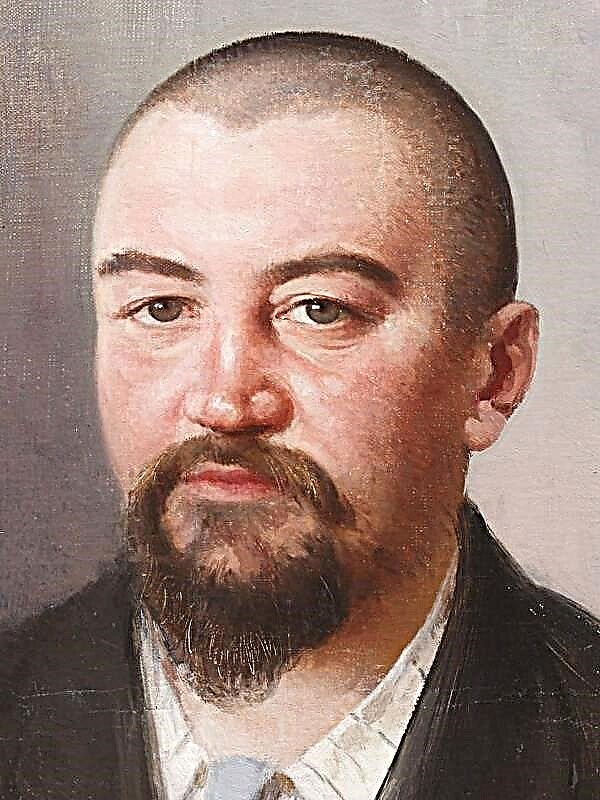(308 words) What is patriotism? To the answer to this question, L. N. Tolstoy approaches very thoroughly, describing in detail the manifestations of love for the fatherland in the work “War and Peace”. The novel describes the events of the beginning of the XIX century, namely the Patriotic War of 1812. The author tells about the crushing power of a people devoted to their homeland, who fought not for political interests, but for maintaining freedom of the fatherland. It was in this outburst that the thinker and writer found true patriotism.
The focus of love for the fatherland is the greatest commander - M.I. Kutuzov. Field Marshal understood very well that the strength of Russia in its “wonderful” and “incomparable” people, that only by preserving the army can one win the war. The commander’s bold calculations were justified - the people he cared about in the first place, in whom he believed, did not fail. And Tolstoy proudly describes the manifestation of the patriotic spirit of the entire Russian people. Here is the heroism of individual characters, such as Andrei Bolkonsky. He changed his personal ambitions to a collective struggle: “No matter what, we win the battle. " No less remarkable example is Pierre Bezukhov. He is not a military man at all, but decided to participate in the battle and provide assistance to his homeland. Captain Tushin also distinguished himself - outwardly the puny man of iron will, who inspired the soldier to battle. Even the women showed themselves: Natasha Rostova, Marya Bolkonskaya remained in Moscow to help the wounded. But the most amazing volitional effort was made by ordinary people. For example, Tikhon Shcherbaty - the organizer of peasant groups to help the army and other heroes of the novel, who burned their entire economy, if only the enemy would not get anything. The author writes enthusiastically about this: "They want to pile on with all the people." The French got Moscow, but in what condition: empty streets, fires and conflagrations - when they leave, Muscovites burn hay, at home, take away the remnants of food. Hunger, cold, soot and the smell of smoke - all that goes to Napoleon’s army.
War forces people to behave differently, to commit great or mean acts. L. Tolstoy, a participant in the Crimean campaign, shows that, despite suffering and death, you can always remain a person, you can find strength in yourself and repulse both your fears and the enemy.

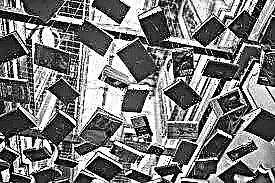
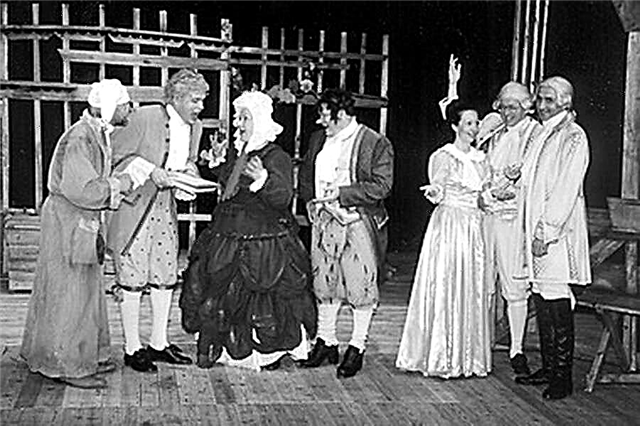
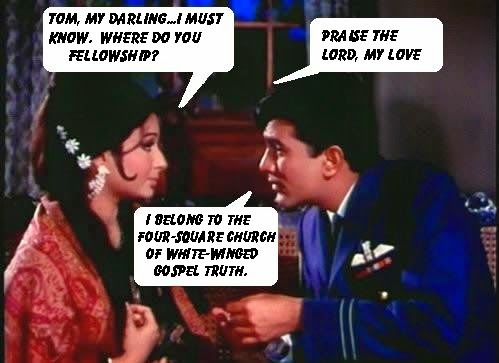
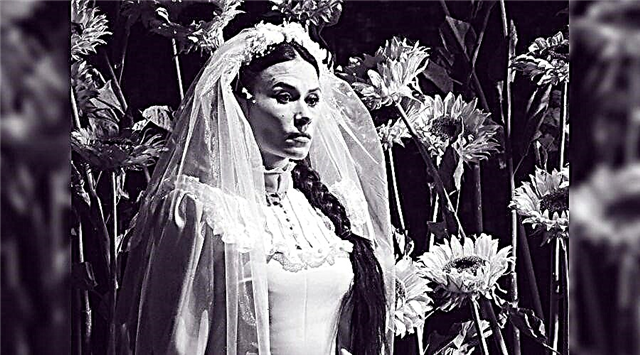
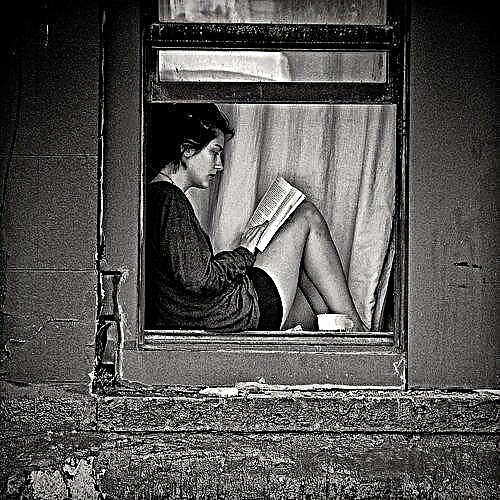
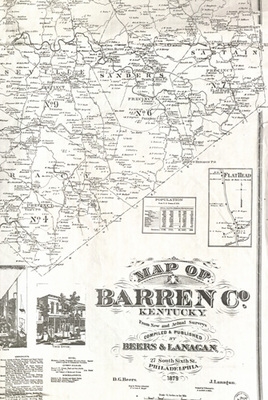
 Moby Dick
Moby Dick